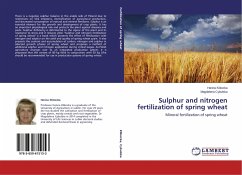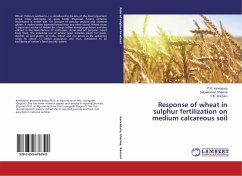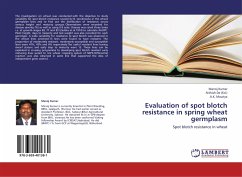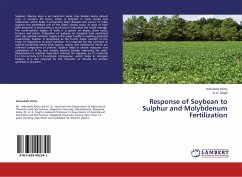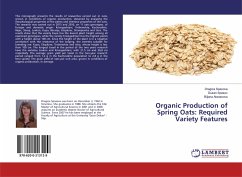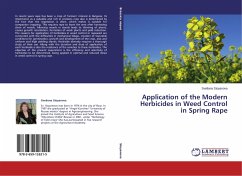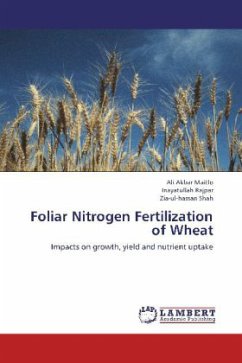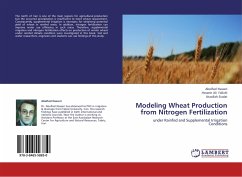There is a negative sulphur balance in the arable soils of Poland due to restrictions on SO2 emissions, intensification of agricultural production, and decreased consumption of natural and mineral fertilizers. Sulphur is an essential element for the growth and development of crop plants. It has an important physiological role and protects the plant against diseases and pests. Sulphur deficiency is detrimental to the vigour of the plant and its resistance to stress and it reduces yield. "Sulphur and nitrogen fertilization of spring wheat" is a book which presents the effect of fertilization with nitrogen and sulphur on the yield and quality of spring wheat grain. It also presents the content and accumulation of carbon, nitrogen and sulphur in selected growth phases of spring wheat and proposes a method of additional sulphur and nitrogen application during critical stages. As Polish agriculture changes over to an integrated production system, it is proposed that the variant of 80 kg N/ha in conjunction with 50 kg S/ha should be recommended for use in production systems of spring wheat.

